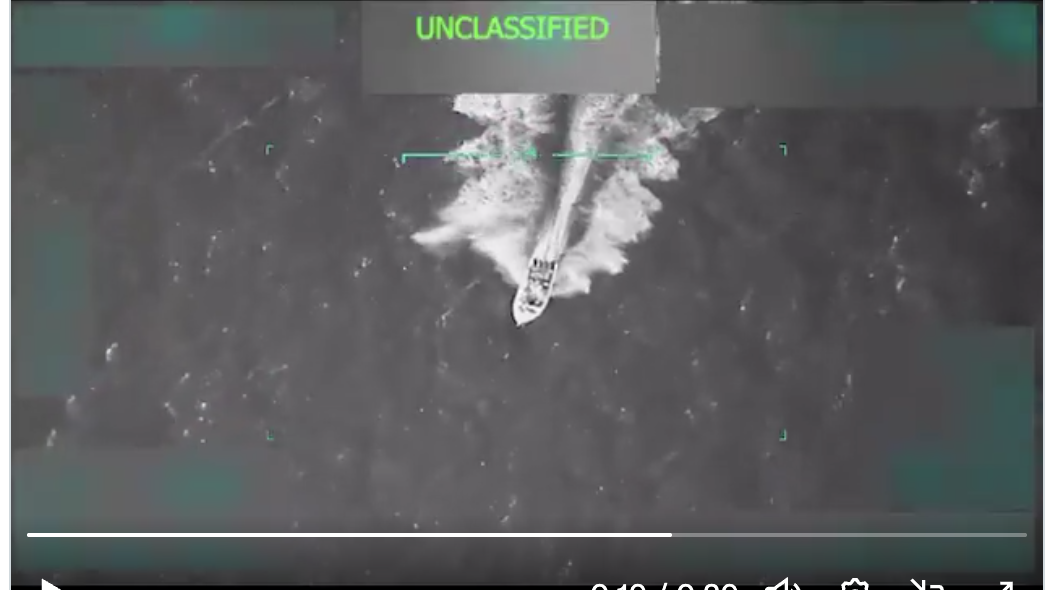On Sept. 2, the Trump administration blew up a vessel in the Caribbean and killed everyone aboard. It alleged, without evidence, that the boat was carrying 11 members of the Venezuelan gang, Tren de Aragua, and “massive” quantities of drugs that posed an imminent threat to the United States.
The administration has not yet offered a legal rationale for the blatantly illegal act, which begs the question — was there even an attempt to concoct one for the strike?
To find out, Freedom of the Press Foundation (FPF) has filed Freedom of Information Act requests for all communications about the strike between the Pentagon, which carried out the attack, and the Justice Department’s Office of Legal Counsel, which is supposed to issue legally binding interpretations of law for the executive branch.
At its core, our requests seek information about U.S. adherence to the rule of law, and shine a light on the decades-long scourge of secret law.
Here are the most important questions our FOIAs seek to answer:
Were Department of Justice lawyers consulted before the strike?
The Trump administration has reportedly been undermining and ignoring OLC attorneys for months, and it is not clear if OLC has weighed in on either this week’s strike or President Donald Trump’s August directive allowing use of lethal force against drug cartels it decides are terrorist organizations (FPF has filed a FOIA request for this still-secret directive as well).
Of course, the existence of an OLC memo on either the September strike or the August directive would not be proof that the administration’s legal rationale for its engagement with drug cartels is sound (more on this below).
But the public should at least know if the administration is even trying to justify Trump’s actions, or if DOJ lawyers have been sidelined to such an extent that they are not even being consulted.
The latter could mean the legal guardrails are well and truly off.
Will secret law prevail?
The DOJ has long taken the position that OLC opinions should be secret, even though there should be no such thing as secret law in the United States.
Countering the DOJ’s pro-secrecy, antidemocratic stance has taken years of FOIA litigation and diligent investigative reporting. These efforts have shed light on, among other things, OLC opinions sanctioning the George W. Bush administration’s torture program, including detainee abuse and waterboarding, and legal justifications for establishing the National Security Agency’s illegal warrantless surveillance program of Americans.
These are meaningful victories, but it shouldn’t be this hard to find out 1) what the government believes the law is, and 2) how it intends to apply it.
If there is an OLC opinion about the targeting of the Venezuelan boat, the public and Congress should be able to debate it right now, not a decade from now.
What you can do
If you’d like to help put pressure on the government to answer these questions, consider the following:
File your own FOIA requests demanding the release of legal justification for the Venezuelan boat strike. Here is a copy of one of FPF’s requests, which was submitted on FOIA.gov, to help get you started.
Tell Congress to end OLC secrecy and require OLC to publish all unclassified legal opinions and an index of all legal opinions, including classified ones. Daniel Schuman, executive director of the American Governance Institute, has drafted language that Congress could use to achieve this goal here.





